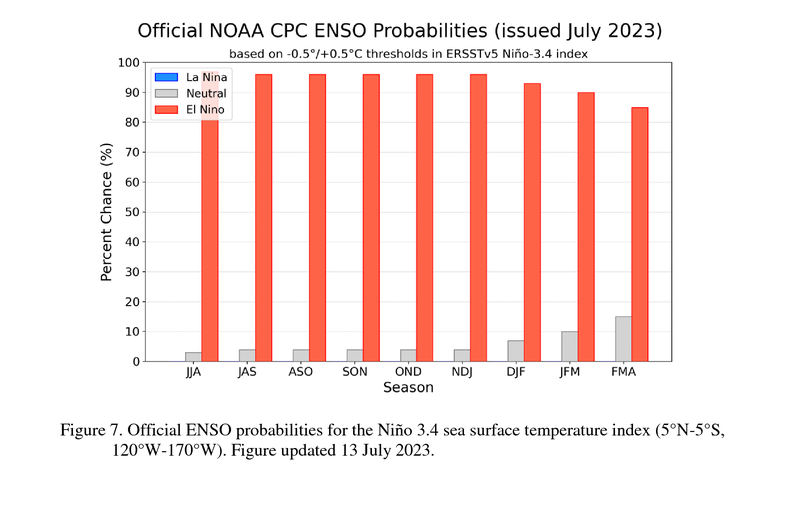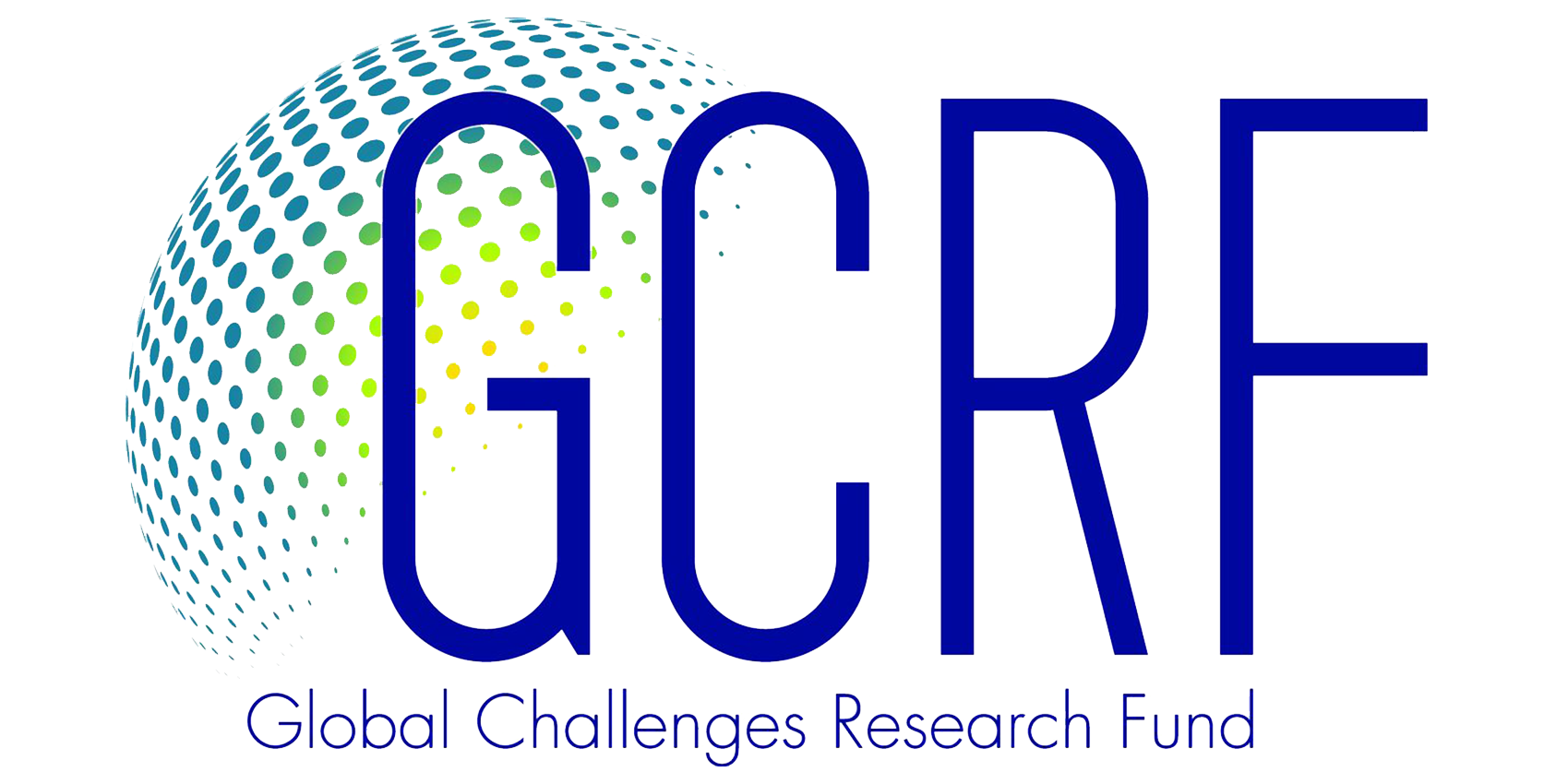African Science for Weather Information and Forecasting
The African Science for Weather Information and Forecasting Techniques (SWIFT) project aims to develop a sustainable research capability in tropical weather forecasting to enhance the livelihoods
of African populations and improve economic development. The project brings together leading research institutions in Africa and the United Kingdom and is funded by the Global Challenges Research Fund (GCRF).
ICPAC is currently involved in two research work packages (WP-R2: Forecast evaluation and WP-R6: Sub-seasonal to Seasonal (S2S) prediction) as well as in case studies, testbeds and training.

Our Areas of Work
Sub-seasonal to Seasonal (S2S) Skills
Forecast skill assessment is an essential component of weather and climate forecasting for both the producers and the users of the forecast. ICPAC evaluates the skill of global operational prediction systems using data from the recently launched WMO S2S project over the Greater Horn of Africa. The skill assessment analysis contributes for selecting a subset of models for the construction of multi-model ensemble for producing objectively consolidated S2S forecasts for the region.
S2S Drivers
In collaboration with other institutions, ICPAC evaluates the representation of the drivers of intra-seasonal variability and their modulation to the Greater Horn of Africa rainfall in operational sub-seasonal prediction systems.
Case Studies
The SWIFT team is working on different case studies over the Greater Horn of Africa including the March-April-May 2018 extremely wet and 2019 extremely dry seasons, to better understand the various systems at different scales. These case studies are very important to develop improved understanding of climate processes and to develop concepts which can be understood by different audiences.
Testbeds
SWIFT supports different forecasting testbeds, where weather forecasters, researchers and identified users from different institutions come together for a limited period of time to perform operational forecasting. Testbeds, which are often preceded by training activities, are recognized as a key tool to improve weather predictions in different regions.
Key Outputs
- Reports on implementation of verification metrics for S2S and probabilistic forecasts
- Scientific papers on the analysis of operational prediction systems
- S2S forecast testbed
- Training material on S2S prediction
More information: https://africanswift.org/
Latest News
Project Materials
Brochure
Latest Updates

Technical Report on the Ongoing Flood Impact in the IGAD Region
The IGAD region is grappling with an unprecedented challenge of a climate emergency within the memb…

Climate Baselines - Fact Sheet
The Climate Baseline Factsheet summarises the past rainfall and temperature trends in the Eastern A…

Evaluation of CMIP6 historical simulations over IGAD region of Eastern Africa
The Accuracy of model simulations is critical for climate change and its socio-economic impact. Thi…

Summary for Decision Makers, October to December 2023 Season
Download our latest Summary for Decision Makers with impacts and advisories for the following secto…









